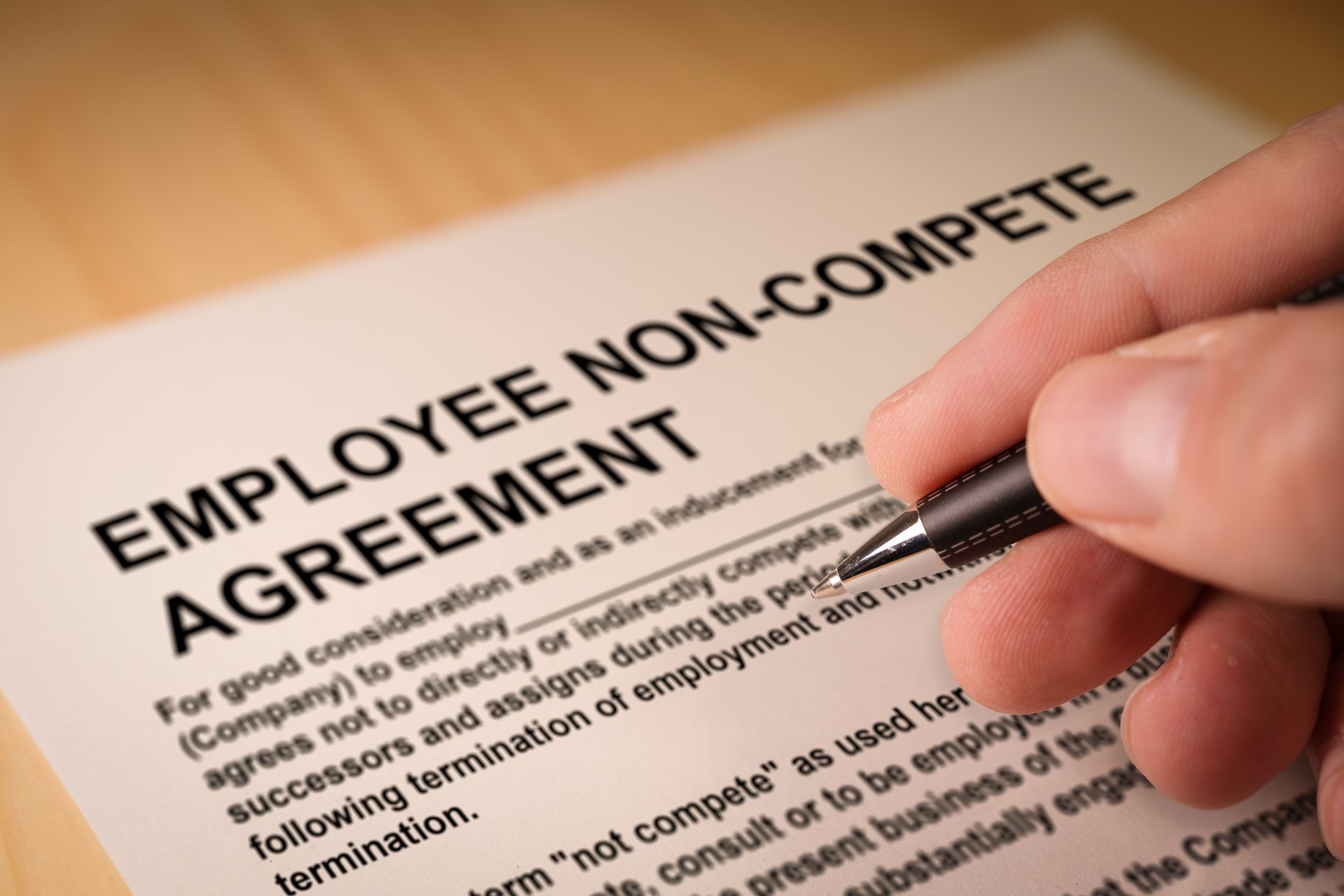What is guardianship in Minnesota?
Parentless minors or adults who don’t have the capacity to care for their own personal needs may require legal guardians to make decisions or provide assistance with:
- Nutritional needs
- Clothing and shelter
- Physical safety
- Medical care
- Education (especially in the case of children)
Guardianship does not necessarily give the guardian free reign over every aspect of their ward’s life. For example, certain procedures must be followed, or forms filed , if the Guardian wants to sell or dispose of the ward’s personal effects or property.
What is conservatorship in Minnesota?
Conservatorship is less intrusive in that it only grants the conservator power over financial matters. The court grants the conservator decision making authority over the conservatee’s assets, investments, contracts, bill payments, bank accounts, savings, real estate, property and any other financial affairs.
Conservators are not responsible for the conservatee’s personal wellbeing – just their financial wellbeing.
The Guardian and Conservator Registry
Minnesota State Law § 524.5-119 requires guardians and conservators to be registered with the Minnesota state court administrator. You can search the Minnesota Guardian and Conservator Registry by name or case number.
What’s the process for becoming a conservator or guardian?
Guardianship is often granted during painful or trying times for individuals and families. Examples of a situation in which a guardian may be necessary include:
- A loved one’s cognitive faculties have degraded significantly
- The death, incarceration or personal problems of parents have resulted in minors needing legal guardians appointed
The amount of power granted to a conservator or guardian is significant. The state does not grant it lightly. The process is more complicated than getting a boilerplate legal document notarized and filed.
- File a petition requesting guardianship or conservatorship with the relevant county’s probate court
- The proposed ward has the right to an attorney, or the court can appoint them an attorney for the hearing – their lawyer needs to disclose any conflicts of interest before the court
- The court schedules a hearing , the notice for which must be served to the proposed ward at least two weeks before the court date (this could also be delivered to whoever is currently in charge of the proposed ward’s care)
- The proposed conservatee needs to be at the hearing, unless they waive their right to be present or a licensed doctor writes a note explaining why they’re medically unable to attend in person
- The court listens to the arguments form the person seeking guardianship or conservatorship and decides whether the subject of the petition needs a guardian or conservator
This process might be adversarial in nature, but it doesn’t have to be. Situations in which a guardianship or conservatorship may be necessary are diverse.
There are also legitimate concerns over conflicts of interest. In many cases the person seeking guardianship or conservatorship might also be the person who helps the proposed ward or conservatee find and hire an attorney.
The lawyer representing the subject of the hearing must do what’s in the proposed ward’s best interest, and when the probate attorney is being paid by the person seeking conservatorship, it could be considered a conflict of interest.
It’s often up to the court to decide whether the subject of guardianship is capable of providing informed consent about their preferences for representation.
Scenarios in Which Conservatorship May Be Necessary
An adult child might seek conservatorship or guardianship over an aging parent suffering from cognitive decline. These cases might be contentious since it’s often an extreme step that’s taken after a parent refuses to voluntarily give their child medical or financial power of attorney or attorney-in-fact.
On the other hand, if a loved one suffered a traumatic brain injury and can no longer care for themselves or make financial or healthcare decisions, the court may agree to a conservatorship with little to no pushback. In a case where the subject of the hearing is unable to consciously consent to grant their family member power of attorney, a hearing may be necessary.
Should I seek conservatorship or guardianship over my parents or a family member?
In many cases it’s a good idea to take some time and contemplate taking such a drastic step. If you succeed you are in essence stripping a person of their decision-making freedoms. The court is always on the lookout for people who are seeking guardianship or conservatorship for inappropriate or unjustified reasons.
Alternatives to Conservatorship or Guardianships
In many cases you can get the same or similar results with far less intrusive legal options. These include documents that are entered into voluntarily like durable financial or medical powers of attorney or advance health care directives.
Many of those options provide a narrow scope in which parents grant their adult children decision making authority in specific circumstances. These have less potential to become contentious and are better at preserving familial relationships.
Do you need representation in a guardianship or conservatorship matter?
Whether you have a loved one who can no longer care for themselves, or someone is seeking guardianship or conservatorship over you, Minnesota Lawyer Referral and Information Service counselors can help you find a lawyer. We have dozens of local estate planning and probate lawyers in our network who would be happy to fight for your rights and what’s in the best interest of your family.
You can speak with a referral counselor today by calling (612) 752-6699.




